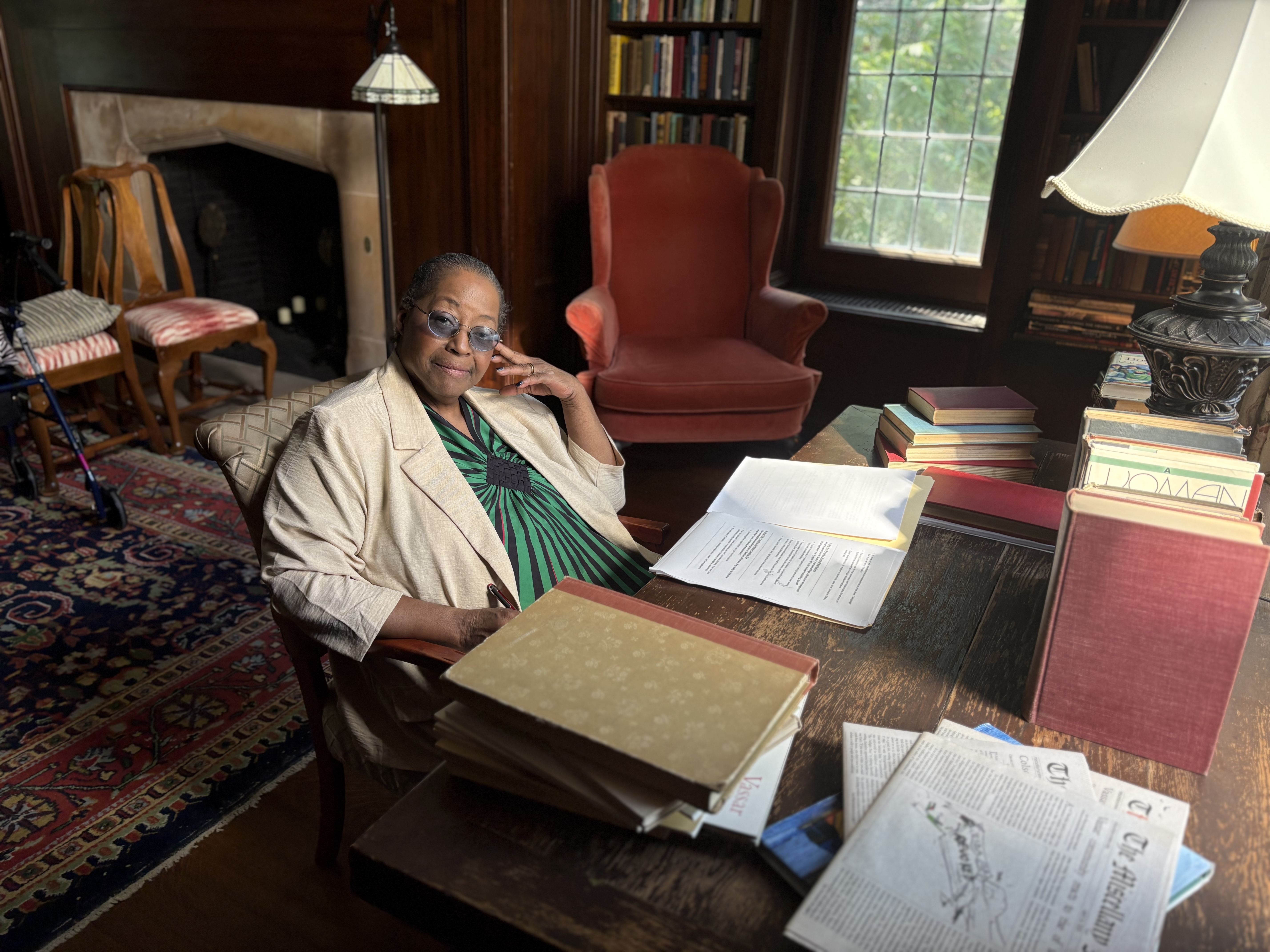PLEASANT VALLEY, NY / ACCESS Newswire / August 5, 2025 / For the families behind some of the most influential private enterprises and investment portfolios, college admissions represents more than a milestone. It's a transition of values, a moment to reinforce family continuity and legacy. With acceptance rates at elite universities now dipping into the low single digits, even the most accomplished students face rejection. As family offices steward families through governance and generational planning, the question is not just where a student goes to college, but how to invest in the next generation's holistic success and long-term wellbeing.

"Families assume that excellence will naturally open doors," says Drusilla Blackman, former Dean of Admissions at Harvard and Columbia. "But when everyone in the applicant pool is excellent, foresight and intentionality becomes the differentiator." Blackman, founder of Deans of Admissions, is a trusted advisor to some of the world's most discerning families, offering a rare behind-the-scenes understanding of how the most selective colleges make decisions. With more than 25 years of experience working with high-net-worth to ultra-high-net-worth families, Blackman now uses her expertise, alongside a team of former Ivy League admissions officers and seasoned advisors, to help shape the long-term trajectories of the students and families they serve.
The Early Advantage: Shaping Students Before the Spotlight
According to Blackman, the biggest mistake people make is starting too late. By the time most parents are hiring college counselors, a student's trajectory is already set, for better or worse. "The families who succeed start early and shape intentionally," she shares. "Planning in 8th grade allows us to develop a student's narrative in a way that is authentic and aligns with what top universities value."
That narrative includes everything from academic choices and extracurricular commitments to how a student reflects on their experiences. It's not about stacking awards or signing up for every club, but rather about building a story that is compelling, credible, differentiated, and consistent across all parts of the application. "My work now isn't too different from when I was the Dean of Admissions for Harvard and Columbia," Blackman says, "though now instead of only reading with the sense of quality that elite institutions demand, I also get to work with a team to develop our students and craft the sort of application that is admissible." By the end of a reading, Blackman says, she and her team of other former, senior, elite admissions leaders need to believe "that if we were still in our prior jobs as admissions officers, we would be compelled to bring this student into our community."
Understanding the Admissions Ecosystem
One of the most common misconceptions among wealthy families is that admissions is a grinding competition. "The most predictive attribute for a given student's likelihood of being admitted to Harvard, our data shows, is also being admitted to a peer institution like Stanford or MIT." Universities are curating classes based on a mix of academic strengths, backgrounds, geographic diversity, and institutional priorities. "When you have an eminent application that can compel at one institution, it's quite likely to compel elsewhere too," notes Blackman. "Families need to understand that the very success they seek is not just about qualifications, but also is about fit," Blackman notes. "Each university has its own ethos. We work to align the student's profile to that institutional identity, and in so doing set families up for the sort of longevity, continuity, and success they seek in crafting their legacies."
Blackman's firm, Deans of Admissions, analyzes each target school's culture and decision-making patterns. They then guide families through a long-term roadmap to highlight the student's most compelling qualities, whether through research, journalism, arts, leadership, entrepreneurship, community service, or other pathways in a way that resonates with each of the specific schools on their list. One student, she recalls, started working with her early in high school. Blackman declined to share specific student names and examples, citing an expectation of discretion between her firm and its clients.
Wealth Alone Isn't Enough
Despite the resources at their disposal, many affluent families make the mistake of assuming access will translate to life outcomes. "An admissions case mediated by the development office may solve the problem of admissions, but it falls short of the greater life preparedness that families seek," Blackman says. True readiness requires intentional investment in a student's identity, values, and decision-making skills. These are qualities that can't be fast-tracked. Deans of Admissions
Redefining What Success Looks Like
For Blackman, the measure of success isn't just an Ivy League acceptance letter. It's whether a student thrives once they arrive. "I've visited every elite university campus in the United States and the United Kingdom. Every institution has its own personality, and the right match can change a student's life," she says. "The ideal outcome is when a student leaves college with a stronger sense of identity, purpose, and possibility." That's the ethos behind Deans of Admissions: taking a long-term view of student success by helping families with the resources and foresight to plan generationally, while ensuring continued access to the world's most selective institutions.
For more insights, connect with Drusilla Blackman on LinkedIn.
Media Contact
Name: Drusilla Blackman
City: Pleasant Valley, New York
Email: d.blackman@deansofadmissions.com
SOURCE: Drusilla Blackman
View the original press release on ACCESS Newswire





